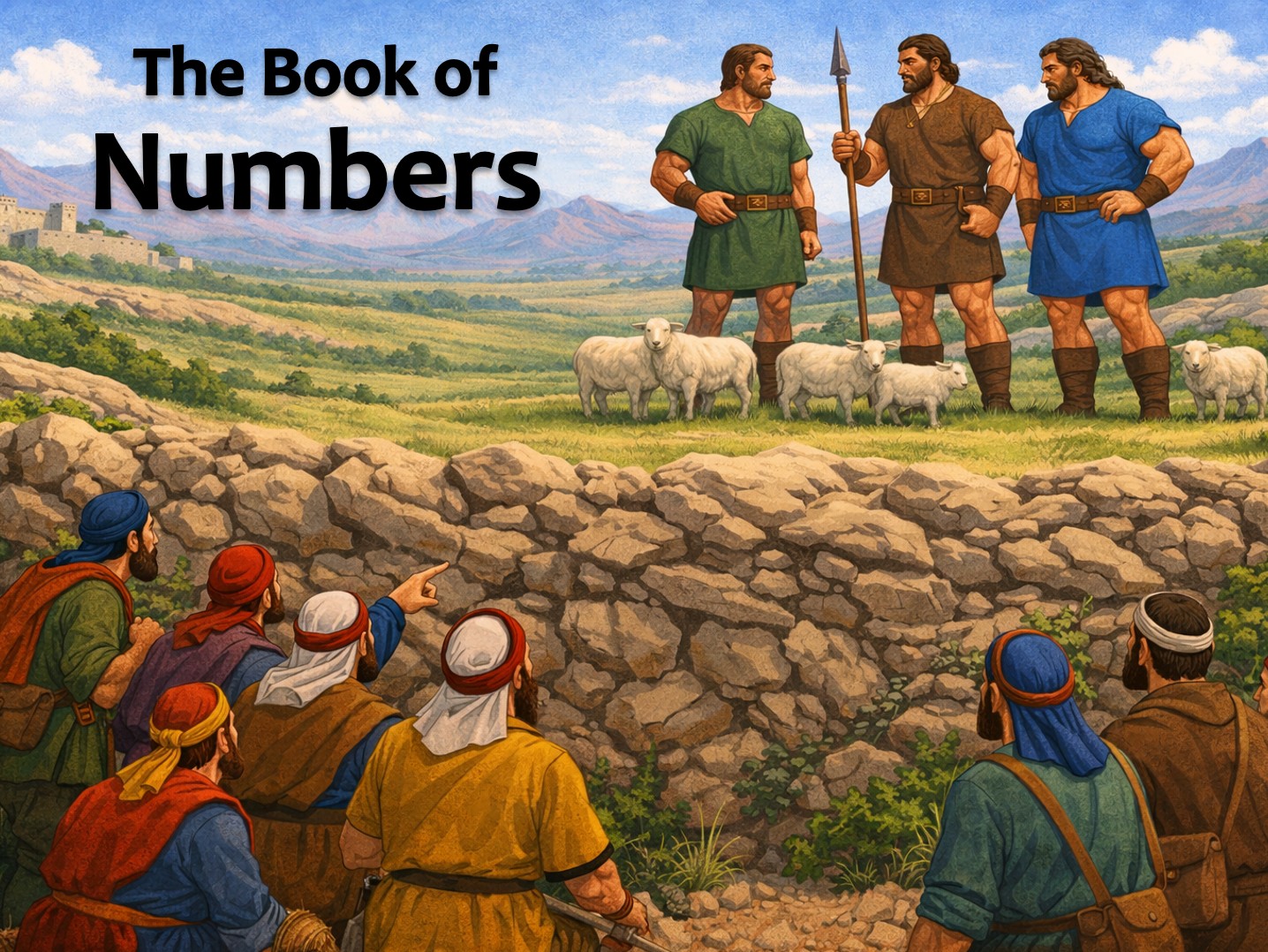Archives: Episode
-
Sports metaphors are not only a modern idea, but are found throughout the New Testament. This lesson looks at those applications, as well as the historical context of first-century athletics in the Roman world.
-
You probably know this as “the minor prophets,” which are the last 12 books in a typical Protestant Old Testament. But in the Hebrew Bible (and likely in Jesus’ day), these were often considered together as one large book. In this lesson we take an overview and consider what the prophets were in the first…
-
The account of Jesus’ birth is found at the beginning of the books of Matthew and Luke. In this lesson, we look at the events in chronological order.
-
Keeping our hope on the ultimate goal.
-
The most obviously practical part of the book, this section discusses six kinds of roles, in three pairs (the led followed by the leader): wives and husbands; children and fathers; servants and masters. Yet the theme of unity still persists in these passages. The last lesson of a series in Ephesians.





